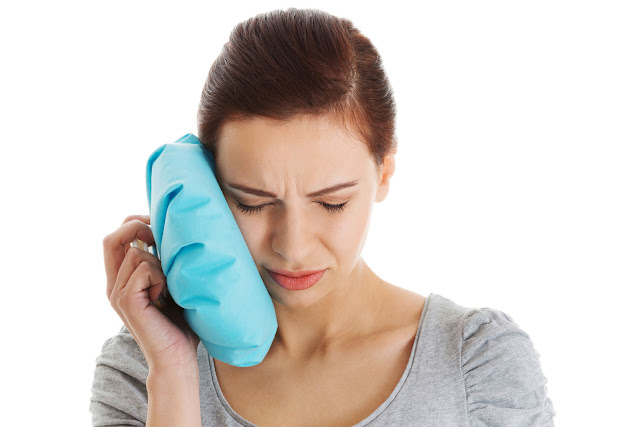Identifying the most common dental emergencies that affect
people will be difficult because most don’t understand the difference between a common problem and a dental emergency. People experiencing pain when biting
down should consider it as a dental emergency because they could either have a
cracked tooth or even an abscess.
Nothing is worse than realizing something does not feel
right in your mouth because you don’t have the expertise to examine it
yourself. You can, however, utilize some home remedies to alleviate the
problems in some cases, but in others, you should be contacting the dentist as
soon as possible.
If you have a knocked-out tooth, it is time for you to
contact emergency dental care, but first, you must pick up the tooth without
touching the roots and cleaning it without any scrubbing. If possible, attempt
to place the tooth back in its socket, but if for any reason you can’t do so,
put the tooth in a container of milk and take it with you to the dentist. You
need to keep the tooth moist and reach your dentist within 30 minutes to have
it reinserted back into the socket.
All dental emergencies will cause pain and discomfort, which
can, in most cases, be handled with at-home remedies. You can use an ice pack on
your cheeks to reduce swelling or take over-the-counter pain medications that
will easily be available. However, in many cases, you have the option of
contacting your regular dentist within a week of developing the pain. It
doesn’t mean you can delay the treatment if your dentist is available to see
you.
Mouth sores are also a common dental problem that is often
misunderstood. Sores in the mouth are an indication of gum disease that would
have developed because of improper oral hygiene. The condition is not
life-threatening but certainly needs attention from Cupertino Family Dental
that can provide you treatment for gingivitis or periodontitis if the condition
has progressed to an advanced stage.
Abscessed gums also require treatment from an emergency dentist.
Dental abscesses do not appear as an emergency but are an indication of an
infection in the teeth and gums. In many cases, dental abscesses result in root
canal treatments or extractions, and therefore, a visit to the dentist will
become essential. It must be remembered that the abscess must not be popped but
should be left by itself until you can visit the dentist. You can, however,
continue brushing and flossing and avoid making any changes to your oral
hygiene routine.
You must understand that permanent teeth cannot be replaced
unless you choose to have dental implants in your mouth. Brushing your teeth
twice a day, flossing, and visiting your dentist every six months are the best
ways to prevent dental emergencies from occurring.

Comments
Post a Comment